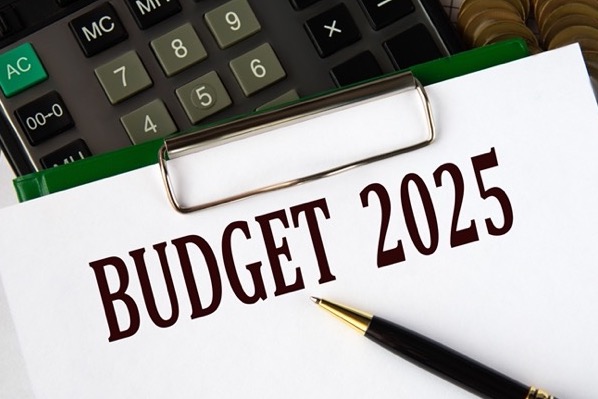
Budget 2025
The Chancellor has announced in the Budget that the freeze on inheritance tax thresholds will be extended for a further year to 2030-31.
By then the government will rake in a predicted £14.5bn per year from the tax.
IHT receipts are forecast to raise £9bn in 2025/26, a 4.5% increase from last year with receipts expected to continue to increase over the forecast period.
Receipts will continue to climb, driven by rising house and equity prices and the impact of the polices announced at the Autumn Budget 2024, reaching £14.5bn in 2030/31.
Relative to the OBR’s March forecast, receipts are expected to be £0.8bn lower by 2029/30 due to lower in-year outturn which is only partially offset by higher forecast equity prices.
Simon Martin, head of UK technical services at Utmost Wealth Solutions, said: “Inheritance tax receipts are set to increase from last year and over the forecast period as frozen thresholds, rising asset prices, a tightening of the regime at the Autumn 2024 Budget and extending the freeze on IHT free allowances combine to drive increasing collections for the Treasury.
“It sets the scene for continued demand for professional advice as high-net-worth clients look to understand how they may be impacted.”
Rachael Griffin, tax and financial planning expert at Quilter, said: “Inheritance tax is one of the UK’s most hated taxes. What was once a tax on only the wealthiest families will increasingly impact those with even relatively modest estates, who after a decade of frozen thresholds alongside rising house prices, will be snagged by the tax. Add to that the significant changes coming in April 2027, when pensions will be drawn into taxable estates, and the government looks set to cash in on an ever-expanding pool of taxpayers.”
She pointed out that alongside the freeze on thresholds, inheritance tax free allowances have also been frozen until 2030-31.
Ms Griffin said: “While they won’t be getting any more generous, maximising every available allowance will be vital for families looking to ensure they pass on as much of their wealth as possible, while leaving as little as possible in the hands of the taxman.”